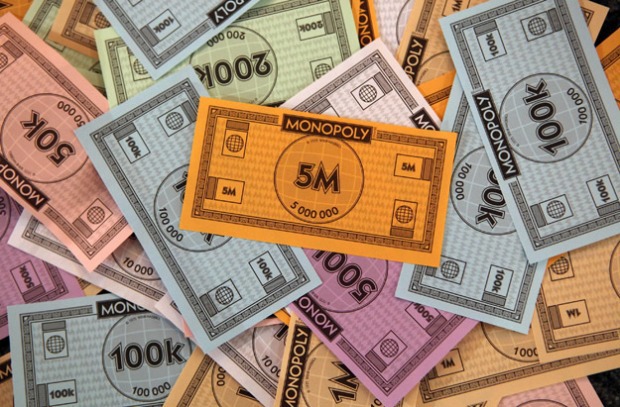What does “too expensive” mean?

Sometimes this means that "we do not have enough money to pay for it." Of course, among unfairly poor people this happens all the time. And unfortunately, too often happens with respect to things like health care and education.
But in most cases (in the commercialized, richer part of the world in which most of us live) we can pay for any thing that exists in the real world (even in the most extreme cases - if, of course, we find friends and neighbors and we got into big debts). Someone who is “too expensive” may think of a stereo system, or a significant donation to a charity, or membership in a golf club, and someone with the same income level can pay for it without hesitation. "Too expensive" almost never means "I do not have enough money, although I know that this thing is worth it."
')
Social entrepreneurs often get upset when they learn that low-income communities around the world claim that their innovations (entrepreneurs) are “too expensive” for them, they manage to find money to buy a mobile phone. Even at the bottom of the social ladder, many people find ways to pay for things in which they see value.
The same thing happens in real estate, advertising and productivity in the B2B sector. If the investment can pay off, the words "too expensive" do not always mean "we can not afford it."
Often, in reality, this means "it is not worth it." And that, of course, is a completely different matter. Many things are not worth the money, at least for you at this moment. I think it's safer to assume that when your potential buyer says “too expensive,” you hear something very specific. A $ 400 bottle of water is too expensive for almost everyone, even for people who have $ 500 in their account. They have money, but, of course, they don’t want to spend it on what they think is worth far less than what is indicated on the price tag.
Not everyone will appreciate your offer the same way, so if you think that before you enter the market, you have to make your product affordable for everyone, you just never enter the market. The task is not to please everyone, but to find the few who see the value (and, accordingly, buy) what you offer.
Our cultural basis forces us to create obstacles in front of something worthwhile. Delicious pomegranate juice on the streets of Istanbul is worth a dollar. The same juice in New York will find a good offer for the amount of five times more. Of course, we do not discuss the issues of solvency or the absolute value of a glass of juice. No, the question here is in our expectations as to how many people like us are ready to pay for this or that thing.
Start with a group or community that truly appreciates what you are doing. And then try your best by explaining and telling stories, increasing in the eyes of people the value of the acquired, rather than lowering its price (it is even better to raise this price in parallel). When you do not need everyone to buy what you sell, the phrase “it's too expensive,” heard from someone is just a useful reminder that you determined the price for your audience correctly.
Over time, when opinion leaders within the community begin to appreciate your offer above (and, accordingly, take the higher price for granted), the culture will begin to change. When people like us start paying for something like this more, it will also seem quite natural (and even necessary) to us.
Source: https://habr.com/ru/post/220549/
All Articles